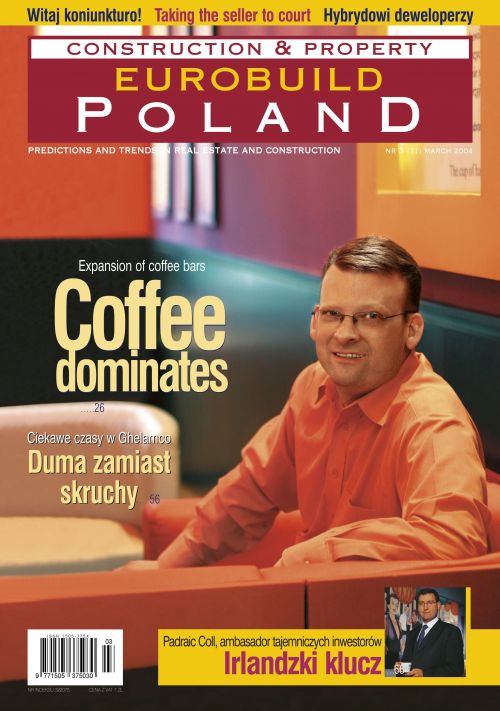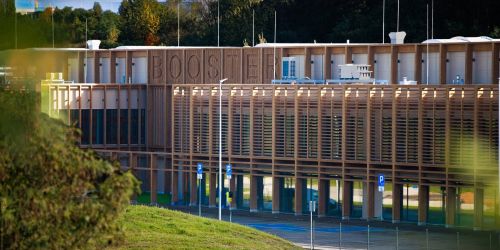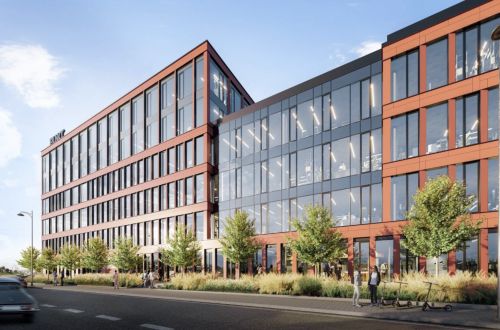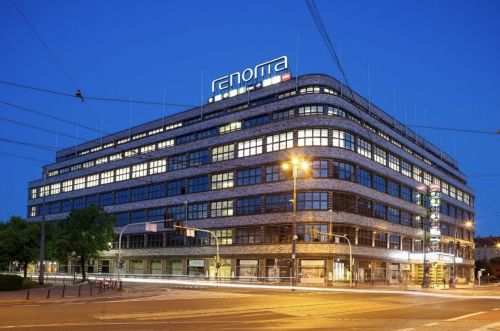Your company, Keyinvest, seems to be quite new on the Polish market
- We started Keyinvest in April 2001 and then we were almost pulled out of
the business by September 11th. Before that day the Irish investors we work
with were coming over to Poland. After that day they all disappeared. Then
at the end of 2002, when Ireland voted for the Nice Treaty for the second
time, investors started returning. Since then the property transactions we
have closed and will be closing by April 2004 - I mean a large retail centre
in Warsaw among others - will reach an amount of about 100 mln Euro. They
are all off-market transactions. If there were the right product at the
right price here we could do a lot more.
So what does Keyinvest do, exactly?
- We represent various Irish individuals and syndicates of Irish investors.
We find them
a product and then we take care of the whole process from start to finish:
we find lawyers and engineers, we secure ban

























































